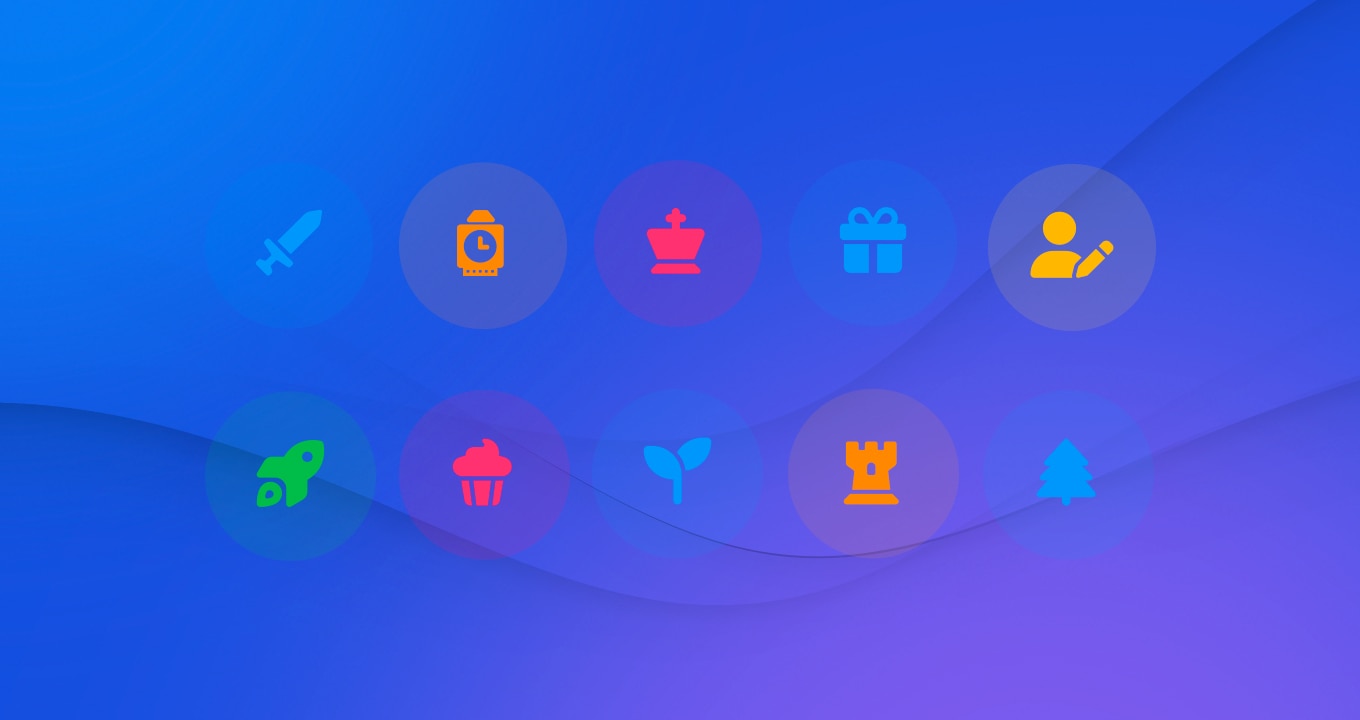Today we proudly present the debut of a new Chessable guest blogger. Jessi Shakarian is a UX (‘User Experience’) designer and information architect from Los Angeles. Jessi’s excellent blog is attracting considerable attention and is recommended reading for anyone interested in chess and technology (which was, of course, the subject of the online ChessTech2020 conference).
We are very fortunate to be able to bring Jessi’s thoughts to our Chessable readers in this special guest post.
How Being in Tech Has Taught Me to Approach Chess

The pandemic has brought on changes for all of us. There were two big things for me. The first thing is that I switched careers in 2020; I moved into the tech industry. I started in tech as a web developer, I learned how to code, and then started taking freelance clients. Since then I have moved into more user experience work this year. The second thing is I started getting into chess.
I am not historically a person who likes sports, so this has been a really interesting experience for me. I think it’s easy (and fun!) to get swept up in the sport, the history, that when a player tries to apply what they see to their own game, it can be hard because the initial learning curve is steep. The twitch streaming community alone it’s so big, and as a new person to chess, I didn’t really know where to begin. It’s really great seeing how accessible information is, but it can be overwhelming. I realized I was having déjà vu all over again.
Being a new web developer, there’s a lot of coding languages out there, there’s different paths to take to get a job being a coder. There was some advice I heard as a new developer that was helpful. The longer I am in the tech field, the more I hear some of these same beginner-friendly remarks going around again as new people look for help. This time I realized that these ideas were actually helpful to approaching the chessboard rather than being able to code.
I thought this might be helpful for any other new folks to chess trying to find their way, or maybe more advanced folks looking to refocus their efforts.
Jump in With Both Feet
A trap many folks fall into when they first get into tech is that they read about everything they can before they start, when really it’s just easier to start a project and try out some stuff. It’s very easy for chess to be like that too, but really the best way to know is just to play (and play a lot to learn). In tech, we say “break some code, see how you can fix it.” Chess is very similar – try a move, lose some games, figure out what you did wrong.

Network
The game might only be played with two people, but as in anything, it takes a community to help you succeed. Don’t be afraid to join your local chess club. You never know what kind of conversations you might have and where they might lead. Start looking for the communities you want to be in, be it virtual or not (if it’s safe). If you can’t find a local chess club, or maybe a virtual space that’s not what you want – don’t be afraid to put yourself out there and make it happen.
Be Yourself
In tech and in chess, we stand on the shoulders of those who came before us. It’s easy to read way too much about best practices, or techniques every person should use. And don’t be afraid to use that knowledge when you need to, but play like you. Trust your chess gut, and try not to second guess yourself. Every player has their own strengths and weaknesses, and it’s better to embrace it because it will make you a better player.

Go Deep, Not Wide
This is a very common pitfall many new people in tech hit – there’s so many different frameworks and capabilities. In tech it’s constantly changing. Chess has remained mostly unchanged. However, the solution to both tech and chess is to know more about a couple of things and be good at that. Don’t stretch yourself too thin trying to know everything. Will you know every opening move or endgame strategy and master it? No, but if you truly understand the fundamentals, and utilize them in your game play, you will go farther.
Talk Yourself Through Your Code
We all know that analyzing your games is incredibly helpful. However, there is something to be said about talking out loud about what you’re doing. Especially in something like chess where every moment matters. We can memorize moves or strategies and not always think about why we do it (especially with that clock running down). You’re going to feel kind of silly at first, but it’s helpful, especially when you’re analyzing the game after the fact. I have a little desk trinket that I talk to when I’m talking through my understanding of what I see in a game.
There you have it! I hope this helps.
We would certainly like to see more posts from Jessi. If you have enjoyed this post too then let Jessi know on Twitter!








